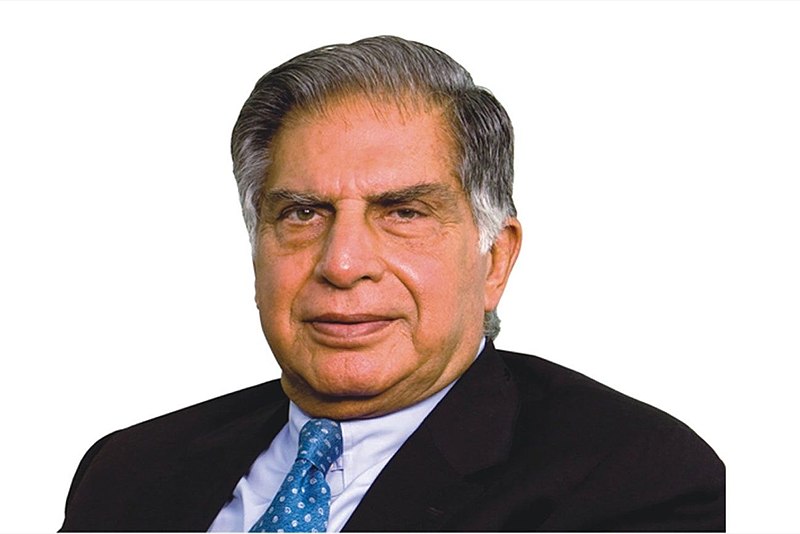Ratan Tata’s legacy goes beyond his business acumen; he is equally revered for his quiet and impactful philanthropy. Throughout his life, he has embraced a profound sense of social responsibility, viewing philanthropy as a means to uplift and empower communities rather than a gesture of charity. His contributions, largely made through the Tata Trusts, reflect a deep commitment to education, healthcare, and rural development, all aimed at creating long-term, sustainable change.

His approach to giving has always been understated, driven by a belief that true generosity lies in the impact it creates, not the attention it draws. He has long supported education, recognizing that it is a key tool for societal transformation. Through scholarships and support for institutions both in India and abroad, Ratan Tata has opened doors for countless students, many of whom come from underserved backgrounds. His efforts in this area are not just about providing academic opportunities but about empowering individuals to shape their futures and contribute to society.
In healthcare, Ratan Tata’s contributions have made a profound difference, especially for those who lack access to essential services. His support for cancer treatment, notably through the Tata Memorial Hospital, has brought hope to many who otherwise might not have had the resources for care. During the COVID-19 pandemic, his swift response and contributions helped fortify India’s healthcare system at a critical time. His philanthropy in this sector has always been driven by a desire to reach those who need help the most, focusing on providing care where it is often inaccessible.
Ratan Tata’s work in rural development is another testament to his quiet commitment to social progress. His initiatives in sustainable agriculture, water conservation, and community empowerment have transformed many rural areas, providing not just immediate relief but long-term solutions that enable people to build better lives for themselves. These efforts are rooted in his belief that true philanthropy helps people become self-reliant, rather than dependent on ongoing aid. His projects often involve the active participation of the communities they serve, fostering a sense of ownership and dignity among those who benefit from them.
Throughout his career, Ratan Tata has also encouraged social entrepreneurship, believing that businesses can be a powerful force for good. His investments in social ventures have enabled individuals to address pressing social issues like affordable healthcare, clean energy, and rural employment while creating sustainable businesses. This approach reflects his broader vision that enterprise, when conducted responsibly, can play a pivotal role in societal upliftment.
What makes Ratan Tata’s philanthropy stand out is not just its scale but the humility with which it is carried out. He has never sought recognition for his charitable work, allowing the impact of his initiatives to speak for themselves. His giving is deeply rooted in a philosophy of empowerment—of providing people with the tools, opportunities, and resources they need to improve their own lives.
In many ways, Ratan Tata’s philanthropy mirrors his leadership in business: thoughtful, deliberate, and always with an eye on the long-term well-being of those around him. He has repeatedly emphasized that businesses should serve the communities in which they operate, a belief that has shaped both his corporate and philanthropic endeavors. His approach to giving is not about handouts or temporary solutions but about creating sustainable change that empowers individuals and communities to thrive independently.
Ratan Tata’s philanthropic legacy is a reflection of his belief that true success is measured not in profits or accolades but in the positive difference one makes in the lives of others. His quiet generosity has touched millions, providing them with the opportunities, care, and support they need to build better lives. His life’s work stands as a reminder that the greatest acts of kindness often go unnoticed, yet their impact can be felt for generations to come.
